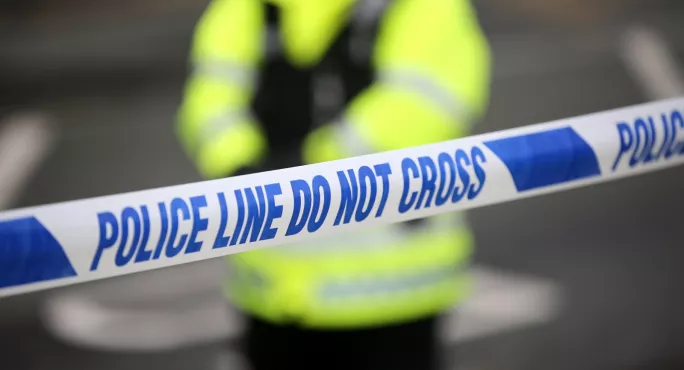The Department for Education’s consultation on its draft security guidance for schools closes today. Here’s what you need to know:
What is this all about?
The DfE has been seeking views on its proposed guidance for employers, heads, teachers and other support staff on how to deal with security incidents in schools.
It launched the consultation because, it said, “the existing guidance does not provide schools with the information needed to draw up effective school security policies and plans”.
“Whilst schools continue to be amongst the safest places to be, no school can afford to ignore the risk and impact of having to deal with a range of security-related incidents,” the consultation document said.
“The department is, therefore, proposing to publish new school security guidance that will provide schools with access to a range of information sources and tools that will help them to develop sensible and proportionate policies and plans to meet their security needs.”
Don’t schools do that already?
The DfE decided to review its security advice a year ago after the 2017 terror attacks in London and Manchester brought the issue into sharp relief.
At that time, the DfE did not have a policy on whether schools should have lockdown procedures in place in the event of an attack.
The department also didn’t offer any specific guidance on what can be a very sensitive issue or have any idea how many schools are developing their own plans.
That was despite a 2016 report by Lord Harris of Haringey which called for all London schools to have a governor “responsible for ensuring security and terrorism preparedness”.
After the attacks, unions and security experts called on the DfE to give schools guidelines on how to prepare for the worst.
What does the guidance say?
The DfE’s draft guidance says all teachers should be trained in security procedures and know what to do to protect themselves and pupils in the event of an attack.
Each school should appoint a security lead to assess the likelihood of a security incident and the level of impact, and develop plans to manage and respond to threats.
Schools are also encouraged work with local security networks, police, local authorities and others to gather intelligence to form the basis of the plan.
Among the more severe potential threats it lists are terrorist attacks using guns, knives, vehicles or explosives, acid attacks, cyber attacks and criminal activity.
It says schools should consider introducing “dynamic lockdown procedures” outlined by the National Counter Terrorism Security Office.
Still, the guidance advises that “any measures put in place should be proportionate to the type of threat when assessed alongside the likelihood of it occurring and the impact that it would have”.
What other resources are out there?
The draft guidance lists a range of existing resources on health and safety, managing behaviour, emergency planning and broader sources of information on terrorism.
The National Counter Terrorism Security Office (NaCTSO) has created lesson plans for key stage 3 and 4 pupils on how to survive terrorist gun and knife attacks.
The Tes Editorial team have also put together their own checklist of resources for teachers thinking about school security.





